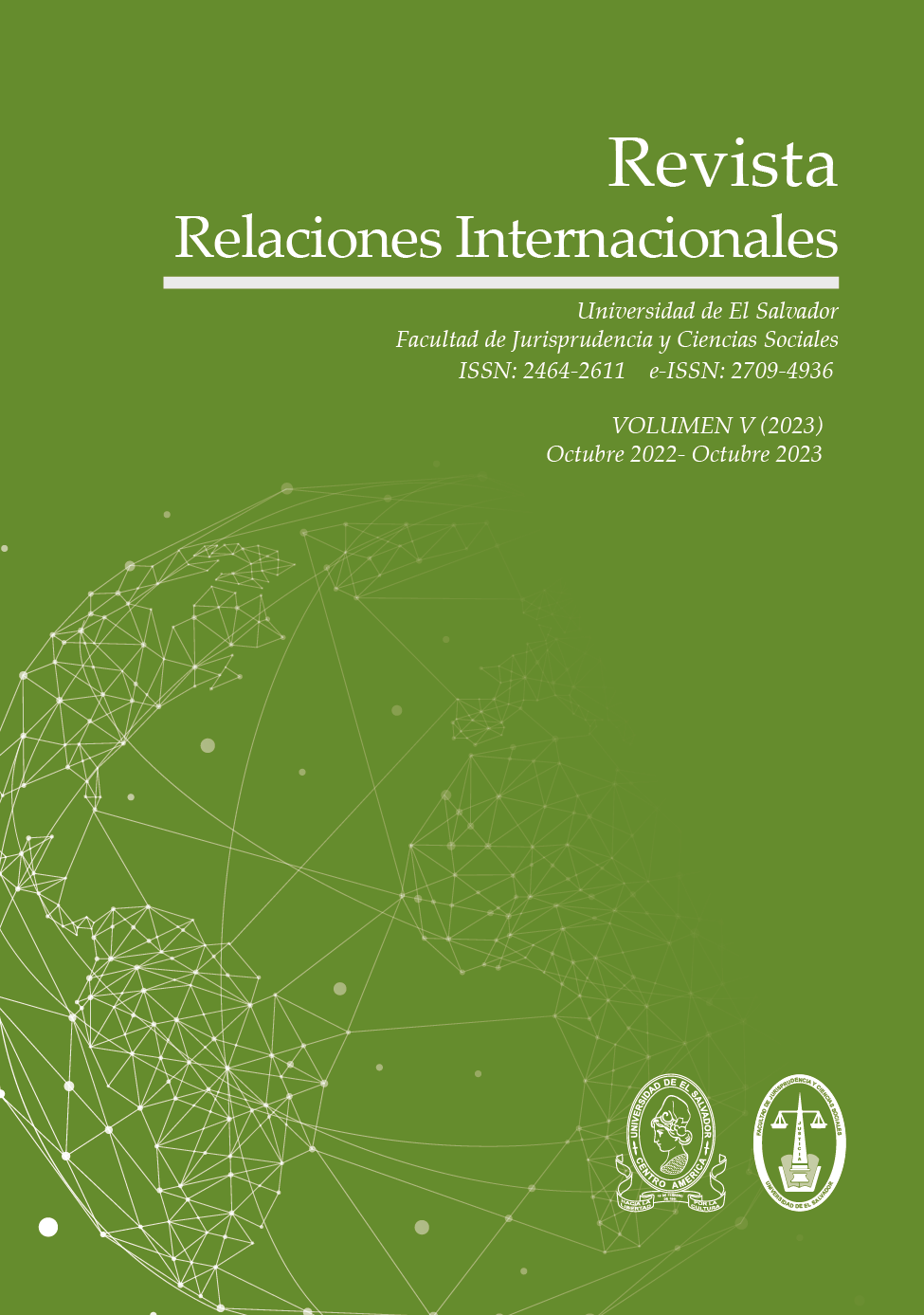La inteligencia artificial como un modelo de herramienta ética en la gobernanza de las emergentes Smart Cities
Palabras clave:
Inteligencia Artificial, Ética, Gobernanza, Smart citiesResumen
A medida que los tiempos han ido evolucionando, también lo ha hecho la tecnología, cuya finalidad es facilitar el desarrollo y vida de las personas, cada vez más integradas con los ordenadores a medida que la sociedad se vuelve más digital. Desde principios del siglo XXI hasta hoy, los avances tecnológicos han dado pasos de gigante. En retrospectiva, no pasó mucho tiempo desde 1989, cuando se introdujo el Internet al mundo, hasta la actualidad cuando se empezó a analizar y probar la aplicabilidad de la inteligencia artificial en muchos aspectos de la vida y el desarrollo humano. En el presente artículo académico se expone, por medio de un análisis de recopilación bibliográfica de diversos artículos e investigaciones acerca de las inteligencias artificiales (IA) en diferentes contextos, en donde la inteligencia artificial posee la capacidad no sólo de potenciar la investigación, sino también de ser una herramienta para la administración de una ciudad, para la creación de políticas públicas, proyectos de desarrollo, y planificación urbana, así como la viabilidad de estas y sus formas o procesos de integración en un ámbito político-social de gobernanza. O, cuál espada de doble filo, puede ser un proliferante de innumerables problemas. Lo concluido es, en aras de un sano progreso y desarrollo humano, se debe buscar un “punto medio”, en cuanto al tema de las IA, y en definitiva estas tener una función exclusivamente de herramienta, tal cual lo puede ser un simple martillo, para la propia humanidad usar con responsabilidad y de manera ética para su propio beneficio y desarrollo a futuro. No es un reemplazo, es una herramienta más.
Descargas
Referencias
“Objetivos de Desarrollo Sostenible”, Organización de Naciones Unidas”, acceso el 13 de febrero de 2023, https://www.un.org/sustainabledevelopment/es/objetivos-de-desarrollo-sostenible/
“The Domo Business Cloud: Data Never Sleeps 10.0”. Domo Business Cloud, acceso el 13 de febrero de 2023, https://www.domo.com/data-never-sleeps.
Aljanabi, Mohammad, Mohanad Ghazi, Ahmed Hussein Ali y Saad Abas Abed. “ChatGPT: Open Possibilities”, Iraqi Journal for Computer Science and Mathematics n.1 (2023). https://doi.org/10.52866/20ijcsm.2023.01.01.0018
Allama, Zaheer y Zaynah A. Dhunny. “On big data, artificial intelligence and smart cities”, Cities, n.89 (2019): 80-91. https://doi.org/10.1016/j.cities.2019.01.032
Amer, Karim, Jehane Noujaim, y Pedro Kos. “Nada es Privado”, Netflix (Estrenado el 26 de enero de 2019).
Aristóteles. “Ética a Nicómaco”, Traducido por Julio Palli Bonet, Editorial Gredos, (Madrid, 1985): 152-181.
Chang, Victor. “An ethical framework for big data and smart cities”, Technological Forecasting & Social Change Journal, n.165 (2021). https://doi.org/10.1016/j.techfore.2020.120559
Kandt, Jens y Michael Batty. “Smart cities, big data and urban policy: Towards urban analytics for the long run”, Cities, n.109 (2021). https://doi.org/10.1016/j.cities.2020.102992
Macnish, Kevin, Mark Ryan y Bernd Stahl. “Understanding Ethics and Human Rights in Smart Information Systems: A Multi Case Study Approach”, The ORBIT Journal, n.2 (2019): 1-34. https://doi.org/10.29297/orbit.v2i1.102
Medialdea, Lara, Alejandro Finocchiaro, Lino Barañao, y Jorge Aguado. “Plan Nacional de Inteligencia Artificial”, Argentina: Presidencia de la Nación, 2020. https://ia-latam.com/wp-content/uploads/2020/09/Plan-Nacional-de-Inteligencia-Artificial.pdf
Oosthuizen, Rudolf M. “The Fourth Industrial Revolution (STARA) Industrial Psychologists in future workplaces”, Ponencia dictada en la American Psychological Association Annual Convention, agosto de 2022.
Ryan, Mark y Anya Gregory. “Ethics of Using Smart City AI and Big Data: The Case of Four Large European Cities”, The ORBIT Journal n.2 (2019). https://doi.org/10.29297/orbit.v2i2.110
Terrones Rodríguez, Antonio Luis. “Inteligencia Artificial, Responsabilidad y Compromiso Cívico y Democrático”, Revista Iberoamericana de Ciencia, Tecnología y Sociedad, n.44 (2020): 253-276. http://ojs.revistacts.net/index.php/CTS/article/view/166/157
Publicado
Número
Sección
Licencia
Derechos de autor 2023 Revista Relaciones Internacionales

Esta obra está bajo una licencia internacional Creative Commons Atribución-NoComercial 4.0.
Los autores ceden los derechos patrimoniales de autor en favor de la Facultad de Jurisprudencia y Ciencias Sociales de la Universidad de El Salvador (a través de Aequus Editorial), para incluir su escrito en Revista Relaciones Internacionales.








